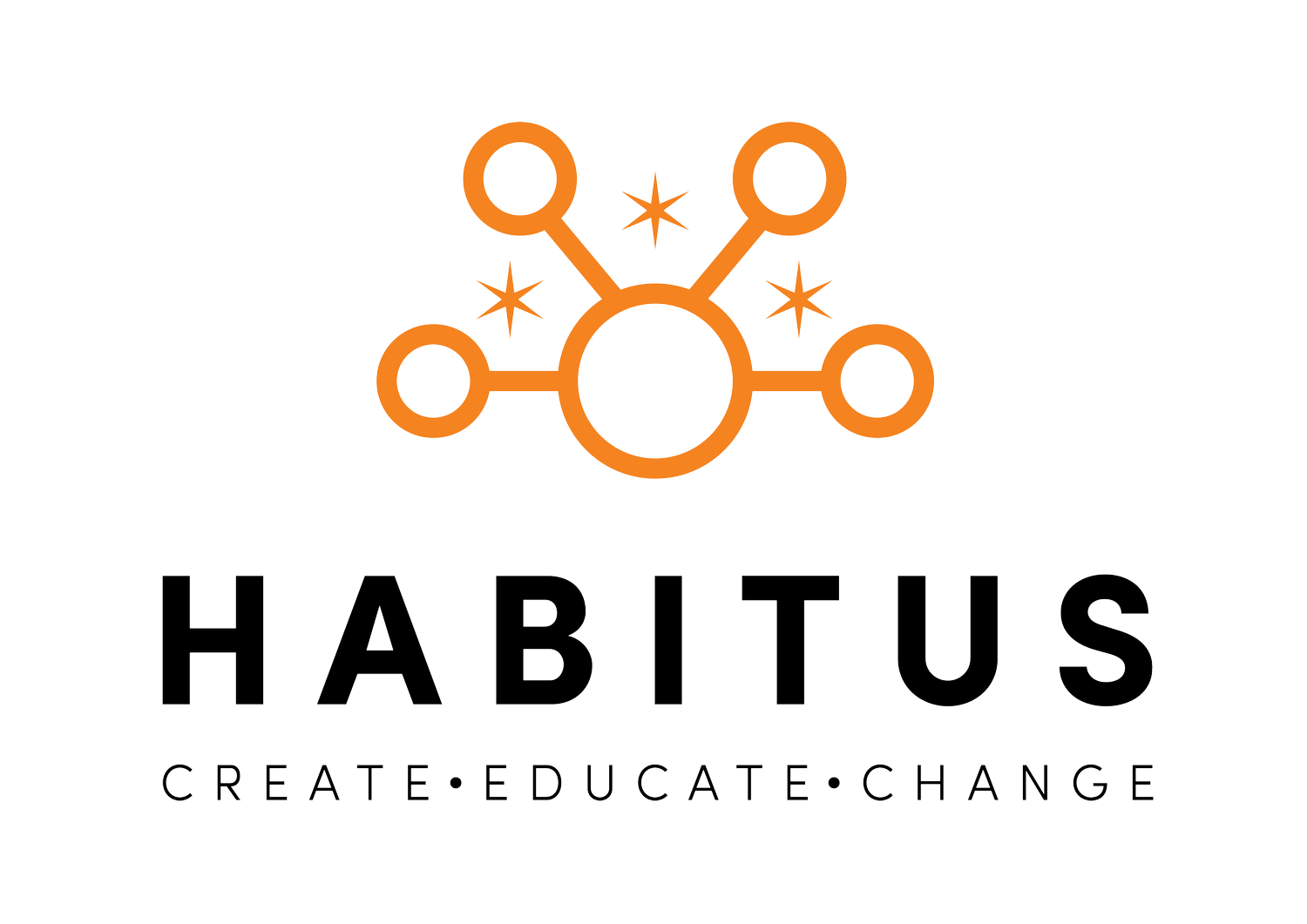Anthropology Matters
Anthropology Training Sydney is the study of Humans…
We use Ethnography to help you make sense of your Lived Experience!
It is our job to know about:
Brains, Bodies and Behaviours;
Cultures, Communities and Societies;
Symbols, Structures and Practices;
Artefacts, Stories and Rituals;
Identity, Relationships and Norms;
Power, Privilege and Change.
Dr Monty Badami spent 3 years conducting Ethnographic research with a marginalised Indigenous community, called the Paniya, who live in the mountains of southern India, and who were slaves until very recently. His research explored how public policy, primary health practice, and interaction with mainstream institutions influenced the mental, physical and cultural well-being of the that community.
Being a classical ethnography, his work looked at how all the different and complex aspects of their lives came together to affect the tensions that arise as they struggle to assert a dynamic and distinctly Paniya identity in the face of public stereotypes about indigeneity. His work covers the areas of: Medical Anthropology, Development Studies, Human Rights, South Asian History and Culture, Indigenous Identity Politics, Religion and Ritual, Ethnomusicology, Human Agency and Global Governance.
It was a particularly challenging field site because there was so much politics and power wrapped up in how indigenous people were treated, that he very quickly learned how to build relationships with diverse groups in highly volatile situations. During his research, he lived with a “black magician”, infiltrated a right-wing Hindu extremist organisation, studied rituals of death, birth, coming of age and spirit possession. He has written on the complex issue of their high rates of suicide as well as how they use rituals, songs, stories, community, objects and the land to make sense of who they are in a world where religious groups, development organisations and political parties all try and tell them how to act and who to be.
It is here that he fully developed his social and ethical foundations and nurtured a deep appreciation for the innovation and resilience of humans all over the world. He uses his experience to bring a uniquely anthropological perspective to the work he does at Habitus.
What We Do
At Habitus, we help you develop the confidence to find creative solutions to complex problems. We use Human-Centred Research and Systems Thinking, that is grounded in Anthropology Training in Sydney, to help you connect with your staff, students, customers and wider organisational community. We use this method of enquiry so that you can develop realistic, positive, inclusive and ethical strategic plans for the future.
In the words of Anthropologist Horace Miner, Anthropology “makes the familiar strange and the strange familiar”. In doing so, it shows us the things we take for granted…the things we usually cannot see. This is how Anthropology Matters reveals our norms, habits and unconscious processes so that we can have more agency to actually choose how to live our lives, rather than have that choice made for us by society alone.
You see, other species are pre-programmed to “know” how to cope with the world. A dog knows how to be a dog. But humans have evolved the ability to choose how to respond to our environment. We can’t just rely on our instincts, and so what humans need is an instruction manual, and that manual is culture.
As anthropologist Clifford Geertz pointed out, it is human nature to have culture. But culture is not simply the lens through which we view the world, it actually shapes the world in which we live.
Contrary to what most people believe, culture does not emerge from values, mission statements, measurements and rewards. It emerges from the words we use, the symbols and objects we have around us, our daily habits and rituals, the relationships we have and the ways we relate to each other. In other words, culture emerges from our symbols, structures and practices.
Author of your own change!
Our relationships, rituals and symbols make us conscious of our actions so that, over time, we can nudge our culture to do something that is naturally and intuitively aligned with our values.
At Habitus, we use anthropological perspectives and combine our knowledge of culture, people, biology, brains and behaviour to help you craft your own rituals, symbols and practices. We support you to harness the transformative power of your relationships to make significant and positive changes within your family, school, community or organisation.
Embrace Complexity
The beauty of Habitus Anthropology is that it is not about ticking boxes, or the top-down application of principles and processes. It requires a holistic approach that embraces diverse perspectives and ideas, and listens to the people on the ground. It builds on a deep, intuitive understanding of where you want to be.
Anthropology Training Sydney owns the fact that being human is complex and messy and hard, but doesn’t try to oversimplify that experience. Rather, anthropology matters lets the world be as messy as it is. It sees the beauty in our imperfection and the value of human connection. It knows that when you try to apply simple solutions to complex problems, you usually only create new problems that you have to fix tomorrow. But most importantly, Anthropology gives us valuable tools to think with so that we can explore human differences and similarities, and the complexity of our experiences, in meaningful and productive ways.
A Great Quote
“Practice any art, music, singing, dancing, acting, drawing, painting, sculpting, poetry, fiction, essays, reportage, no matter how well or badly, not to get money and fame, but to experience becoming, to find out what’s inside you, to make your soul grow.”
Kurt Vonnegut, Anthropologist and Author




